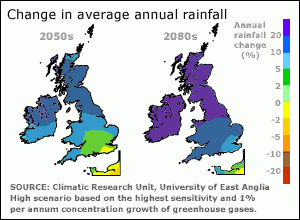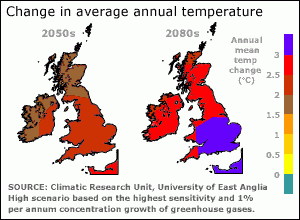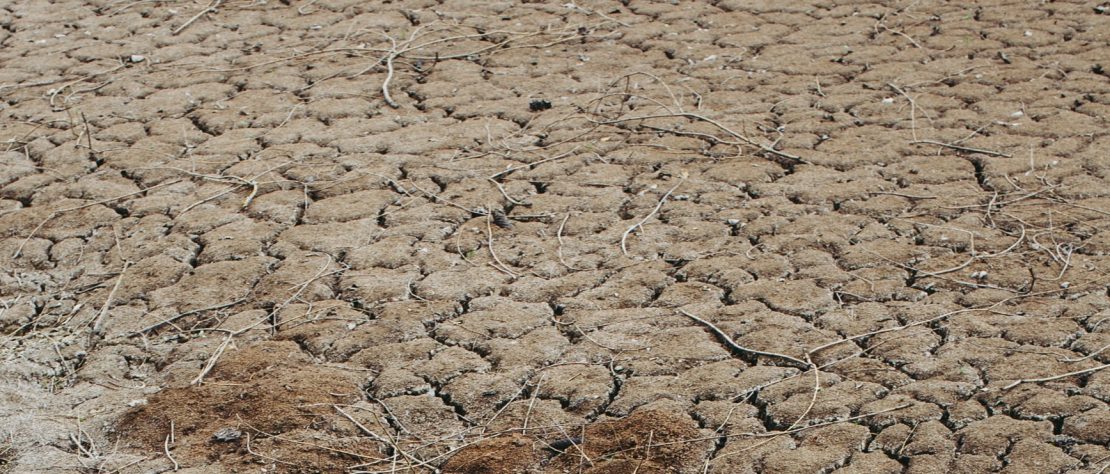Thinking about how a new society may develop after a globally apocalyptic catastrophe, how will the changing climate influence how the new society develops?

In the last edition of this blog, I outlined how the entire world is currently suffering violence, be it through war, insurgency, despotic regime or widespread criminal actions. I suggest, as in my new novel, 2089, that these theatres of violence will eventually overlap, leading to a catastophic collapse in society globally. The damage to the infrastructure that provides food, water and electricity will be enough to push us past a chaotic tipping point (chaotic in the mathematical sense of chaos). Once that tipping point is passed, there will be a cascading infrastructure failure across interdependent networks. The violence will come to us all, further destroying the infrastructure and spiralling everyone down a miserable road to Hell. In my novel, this period is known as the Times of Malthus.
When enough areas cannot supply their population with food, and/or it cannot be transported successfully, then those populations will migrate in an attempt to survive. The violence will move away from more ideologically based claims on land and power to a simple fight for the necessities of life. With that as a purpose for your violence, it becomes fractured into even more local banditry and looting. Eventually, the population will drop low enough for the remaining food sources to supply everybody, and humankind will have a chance to settle back in to a more organised, positive social order. What I am exploring here is how the effects of climate change will make that new social order more or less similar to today’s society. For simplicity, I will only be considering England.


Given that the premise is of a new order rising from the ashes of current English society, we need to consider the scientific predictions for the changing climate in the UK. In general terms, the scientific predictions cover the effects of:
- overall temperature (higher)
- cycling annual temperatures (hotter summers; less cold winters, but not as much warmer as the increase in summer temperatures)
- overall precipitation (higher, but most significantly so in the areas that currently get less rain)
- annual cycling rainfall (the higher total rainfall will come in significantly heavier bursts)
- sea level rise (variable around England, but e.g. maybe 40cm in London by 2089)
With a new society living in small village groups and mainly subsistence farming, the combination of these effects will require a significantly adapted farming methodology. However, with a significantly smaller population, the population can ebb and flow to places that are most successful in the new climate.

The effects of the changed climate will include a change in the crops that grow well, but perhaps more importantly we will need to change how to protect the land from being damaged by it. Increased frequency of storms bringing more and more sudden rainfall will lead to greater problems with flooding, and these floods will likely be exacerbated by the higher sea levels. There is thus an increased problem with maintaining good agricultural soil, as well as the straightforward issue of losing crops to floodwaters. So one likely move is that the new villages (or the re-inhabited abandoned ones) will be generally higher above sea level than at the moment. However, they will need to be relatively flat in order to avoid fast run off eroding the soil. The balance between flood and run-off is a subtle compromise when choosing a place to live in England in 2089.
Winter cold will be more easily survivable, but summer heatwaves will increase the need for a resilient source of drinking water. Whilst a lot of local water infrastructure (pipeworks and local reservoirs) may survive the Times of Malthus, it will likely need small maintenance for the new local community, and in a time when there is little manufacturing. In Peru, I recently saw cornfields irrigated by stone channels that had been laid by the Incas 500 years ago. There was no need, or expectation, that the channels would be watertight, but they transferred sufficient water for the crops to thrive, and require little maintenance. For a new smaller population, much less efficient systems than the hi-tech expected in 2017 can be perfectly effective. All that is required is for people to think differently to the habits of our current society.

We are a very adaptable species, and I don’t expect that this will be a difficult transition in mindset. Indeed I don’t expect we’ll even notice it as a change, especially in the context of the catastrophic global meltdown that will be uppermost in everyone’s memory. Like climate change, societal changes are generally only remarkable when viewed over a long period of time. Remember, from here to 2089 is as long as thinking back from here to 1946 – right around the time Orwell was writing 1984.
Main image credit: Photo by Markus Spiske on Unsplash
